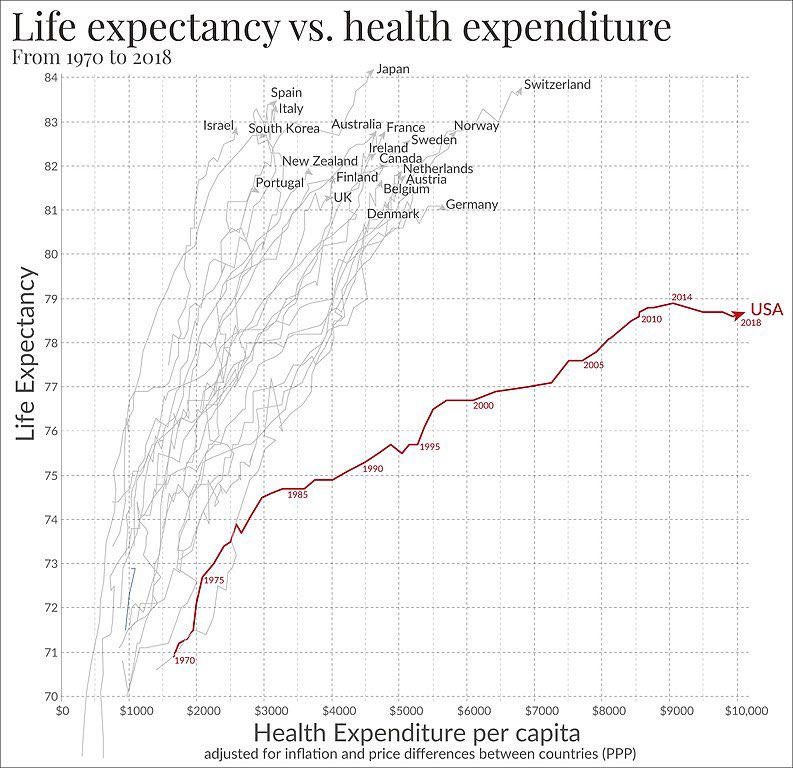The flu shot effectiveness is under scrutiny once again as the United States, despite spending more on healthcare per capita than any other developed nation, consistently sees some of the worst health outcomes. This paradox raises serious questions about the practices and policies promoted by major health institutions. A prime example is the seasonal flu vaccine, which new research now suggests may actually increase flu risk, rather than reducing it.
A recent Cleveland Clinic study from the 2023–2024 flu season revealed surprising and troubling results (learn more in our podcast). Researchers observed that vaccinated individuals were more likely to contract the flu compared to their unvaccinated counterparts. This finding directly challenges the long-standing assertion that annual flu shots reliably protect individuals and communities from influenza.
The study monitored thousands of Cleveland Clinic employees, comparing infection rates among those who received the vaccine to those who did not. Surprisingly, data showed a clear trend: vaccination correlated with a higher incidence of flu illness. This suggests that rather than strengthening immunity, the vaccine might negatively impact the body’s natural defense mechanisms against influenza.
Dr. Steve Gordon, Chair of Infectious Disease at the Cleveland Clinic, described the results as “unexpected and concerning.” He emphasized the need for careful reconsideration of current flu vaccination recommendations and policies. These results imply that instead of reducing flu risks, widespread vaccination efforts may inadvertently be increasing vulnerability among the population. This troubling data highlights significant concerns regarding flu shot effectiveness, prompting experts to reconsider current recommendations.
Why would the flu vaccine potentially increase illness risk? One plausible theory is that repeated vaccination might weaken natural immune responses. Over time, the body’s reliance on vaccines could inhibit its ability to mount robust natural defenses against viral strains, potentially leaving vaccinated individuals more susceptible to illness.
This concerning finding isn’t entirely new. Previous studies, including research conducted in Canada and Hong Kong, have similarly found an association between flu vaccination and increased risk of respiratory illness. These studies have been largely overlooked in mainstream health discourse, which consistently promotes vaccines as universally beneficial. Repeated observations questioning flu shot effectiveness underscore the need for a deeper analysis of vaccination strategies.
At Frequency Research Foundation, we’ve long advocated for critical analysis and evidence-based approaches to health and wellness. Our position is clear: health interventions should enhance, not undermine, the body’s natural immune capabilities. The Cleveland Clinic study underscores our call for greater transparency, rigorous scrutiny, and honest conversations around vaccine effectiveness.
Understanding the nuances of immune system responses is crucial. We need thorough, unbiased research to identify why vaccines like the seasonal flu shot are potentially yielding harmful results. Health institutions must acknowledge emerging data, even when it conflicts with established norms, to prioritize genuine health outcomes over conventional wisdom.
Given these findings, we encourage individuals to engage actively in their health decisions. Staying informed about emerging studies, such as this one from the Cleveland Clinic, can empower people to make informed choices rather than merely following generalized guidelines. Independent analysis and critical thinking must become the foundation of personal health strategies.
Ultimately, the goal of healthcare should be to strengthen, not weaken, human resilience against illness. Frequency Research Foundation remains committed to exploring and supporting methods that truly improve health outcomes. Questioning the flu shot’s effectiveness is not about undermining public health but ensuring our healthcare system truly promotes well-being.
